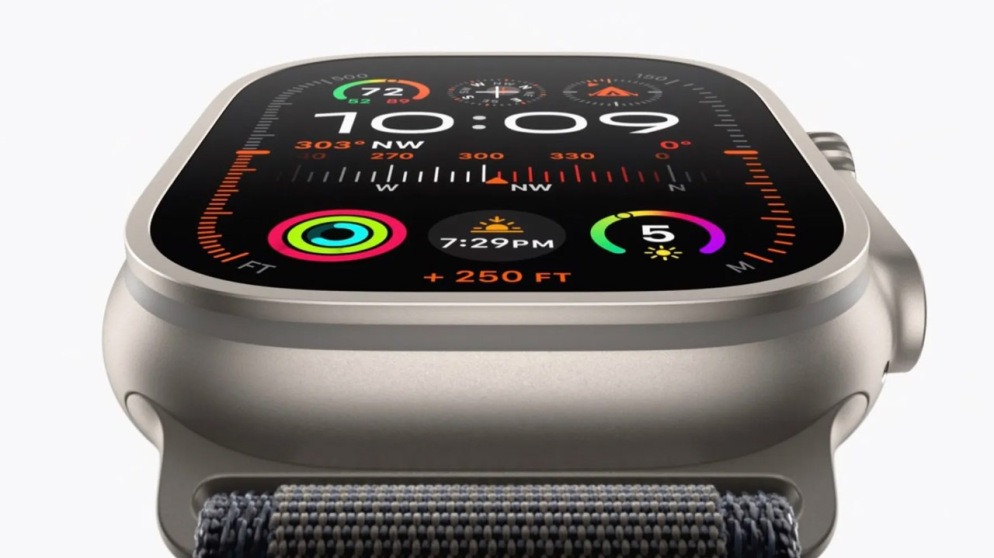In a bold legal maneuver, the Department of Justice (DOJ) has initiated a lawsuit against technology behemoth Apple, challenging its alleged monopolistic practices surrounding the iPhone and Apple Watch ecosystems. This litigation marks a critical juncture in the ongoing discourse on tech industry regulations, spotlighting Apple’s practices as potentially stifling competition and innovation.
Apple’s Alleged Market Monopoly
At the heart of the lawsuit is the accusation that Apple has deliberately engineered a monopoly by restricting the compatibility of the Apple Watch with devices outside its iPhone lineup. Despite indications of initial efforts to develop an Android-compatible version of the Apple Watch, the project was reportedly abandoned. The DOJ contends that the rationale provided by Apple, citing technical challenges, might be an exaggeration. This move is interpreted as an attempt by Apple to consolidate its dominance in the smartwatch market by limiting consumer choice and fostering dependency on its ecosystem.

The Scope of the Lawsuit
The legal battle extends beyond the confines of smartwatch compatibility. The DOJ’s allegations encompass a broader critique of Apple’s business strategies, accusing it of engaging in various anti-competitive behaviors. Central to the lawsuit’s demands is an injunction aimed at preventing Apple from mandating iPhone ownership as a prerequisite for Apple Watch usage. Additionally, the legal action seeks unspecified monetary damages from the company, potentially setting a precedent for accountability in tech monopolies.
Implications for the Tech Giant and Beyond
The ramifications of this lawsuit are vast, with potential outcomes that could significantly alter the landscape of the smartwatch industry and tech monopolies at large. A victory for the DOJ could compel Apple to undertake substantial modifications to the Apple Watch’s software and hardware, facilitating compatibility with Android devices. Such a development could invigorate the market with heightened competition and lead to more affordable options for consumers.
Apple’s Response and the Road Ahead
As of now, Apple has not publicly addressed the allegations presented in the lawsuit. The company is anticipated to mount a vigorous defense, arguing against the claims of anti-competitive conduct. The legal proceedings are expected to be protracted, with a resolution that could shape the future of regulatory actions against dominant tech entities.
Broader Legal and Regulatory Landscape
This lawsuit is the latest in a series of legal challenges confronting Apple, reflecting growing scrutiny over its business practices. Accusations of anti-competitive behavior have surfaced in other aspects of Apple’s operations, including its App Store policies and licensing agreements. The outcome of this case could have far-reaching implications, potentially emboldening regulatory bodies to pursue similar actions against other tech firms accused of monopolistic practices.
Conclusion: A Pivotal Moment for Tech Regulation
The Department of Justice’s lawsuit against Apple represents a pivotal moment in the ongoing dialogue about the balance between technological innovation and competitive fairness. As the legal battle unfolds, it will not only determine the future of Apple’s product compatibility but also set important precedents for how tech companies can operate within the bounds of anti-competitive legislation. The tech industry, regulatory bodies, and consumers alike await the outcome with bated breath, recognizing its potential to redefine the parameters of competition and innovation in the digital age.










Add Comment